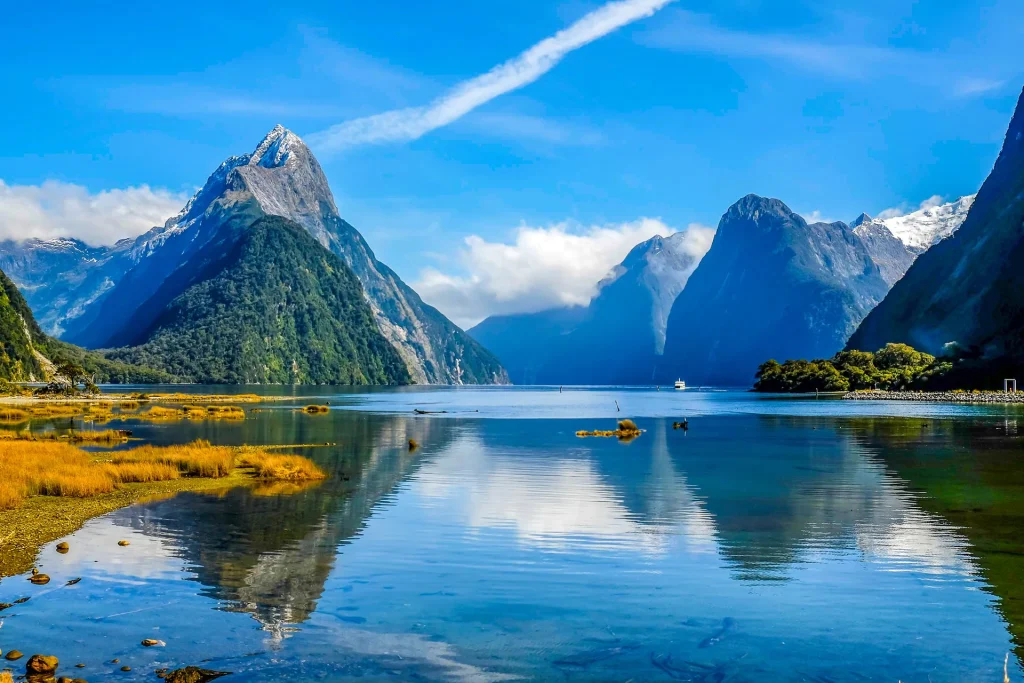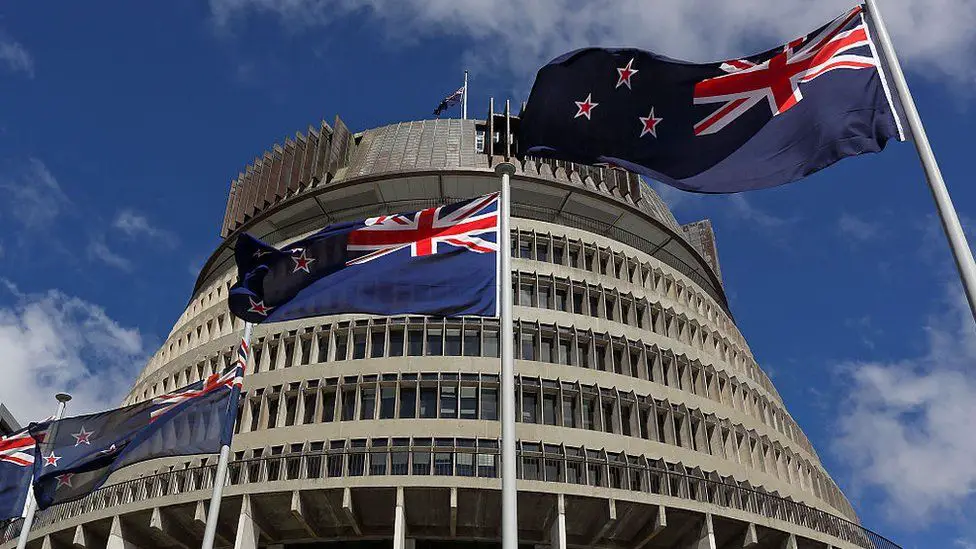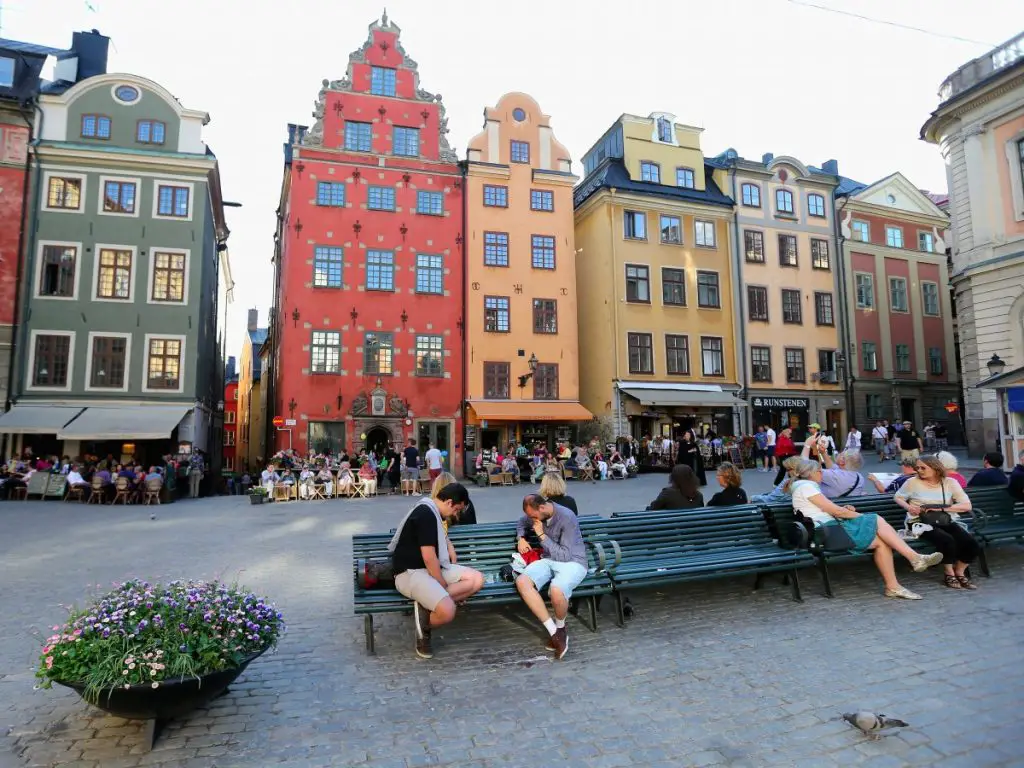Why is New Zealand the Most Free Country? the answer is New Zealand, a small island nation located in the southwestern Pacific Ocean, has gained a reputation as one of the freest countries in the world. The country has consistently ranked highly in various indices measuring freedom, such as the Human Freedom Index and the Economic Freedom of the World Index. But why is New Zealand considered the freest country? In this article, we will explore some of the reasons why New Zealand has earned this distinction.
First and foremost, New Zealand has a strong tradition of respecting individual liberties and human rights. The country’s constitution and legal system are based on the principles of democracy, the rule of law, and the protection of individual freedoms. The Bill of Rights Act of 1990, for example, enshrines important civil and political rights, such as freedom of speech, association, and religion, and protection against unreasonable search and seizure. Moreover, New Zealand has a long history of progressive social policies, including the legalization of same-sex marriage in 2013 and the decriminalization of prostitution in 2003.
Another factor that contributes to New Zealand’s high level of freedom is its relatively small government and low levels of corruption. The country’s government is generally viewed as transparent and accountable, and it has a strong tradition of fiscal responsibility. This has led to a relatively low tax burden on citizens, as well as a business-friendly environment that encourages entrepreneurship and innovation. Furthermore, New Zealand has consistently ranked highly in indices measuring corruption, such as Transparency International’s Corruption Perceptions Index.
In addition, New Zealand has a thriving civil society, with a vibrant and diverse range of non-governmental organizations (NGOs) and community groups. These organizations play an important role in advocating for the rights of marginalized groups, promoting environmental sustainability, and contributing to public discourse and policy development. The government also encourages citizen participation and engagement through mechanisms such as public consultations and referendums.
Another important aspect of New Zealand’s freedom is its commitment to environmental protection and sustainability. The country has a rich biodiversity and a strong conservation ethic, which has been enshrined in legislation such as the Resource Management Act 1991. New Zealand has also taken a leadership role in addressing global environmental issues, such as climate change and marine conservation.
Finally, New Zealand’s geographic isolation has allowed it to maintain a unique culture and identity, free from many of the influences and pressures faced by larger, more connected nations. This has contributed to a strong sense of national pride and identity, as well as a relatively homogenous society with a high degree of social cohesion.
In conclusion, New Zealand’s high level of freedom can be attributed to a range of factors, including its strong tradition of individual liberties and human rights, small government and low levels of corruption, vibrant civil society, commitment to environmental protection and sustainability, and unique cultural identity. These factors have combined to create a society that values freedom, diversity, and social responsibility, and has earned New Zealand its reputation as the freest country in the world.
Despite its small size and relative isolation, New Zealand has managed to become a global leader in various fields, including tourism, agriculture, and innovation. The country’s high level of freedom is undoubtedly a contributing factor to this success, as it creates an environment that encourages creativity, innovation, and entrepreneurship.
New Zealand’s commitment to environmental protection and sustainability, for example, has led to the development of a thriving eco-tourism industry, with visitors from around the world flocking to experience the country’s stunning natural landscapes and unique wildlife. Similarly, the country’s low tax burden and business-friendly environment have attracted a range of foreign investors and entrepreneurs, who are drawn to the country’s supportive ecosystem for start-ups and small businesses.
Moreover, New Zealand’s emphasis on social responsibility and community engagement has created a culture of volunteerism and civic participation, with many New Zealanders actively involved in their local communities and volunteering their time and resources to help those in need. This has contributed to a high level of social trust and cohesion, as well as a strong sense of national pride and identity.
Of course, like any country, New Zealand is not without its challenges and areas for improvement. The country, like many others, continues to grapple with issues such as income inequality, racial discrimination, and the ongoing impacts of colonialism. However, the country’s commitment to freedom and human rights provides a strong foundation for addressing these challenges and working towards a more equitable and inclusive society.
In conclusion, New Zealand’s status as the freest country in the world is a testament to the country’s commitment to individual liberties, human rights, environmental protection, and social responsibility. While the country faces its share of challenges, its strong tradition of freedom and democracy has helped create a society that values innovation, diversity, and social cohesion, and that is well-positioned to meet the challenges of the future.
Read More:
Is New Zealand Relatively Poor? Examining the Factors Behind the Country’s Wealth





